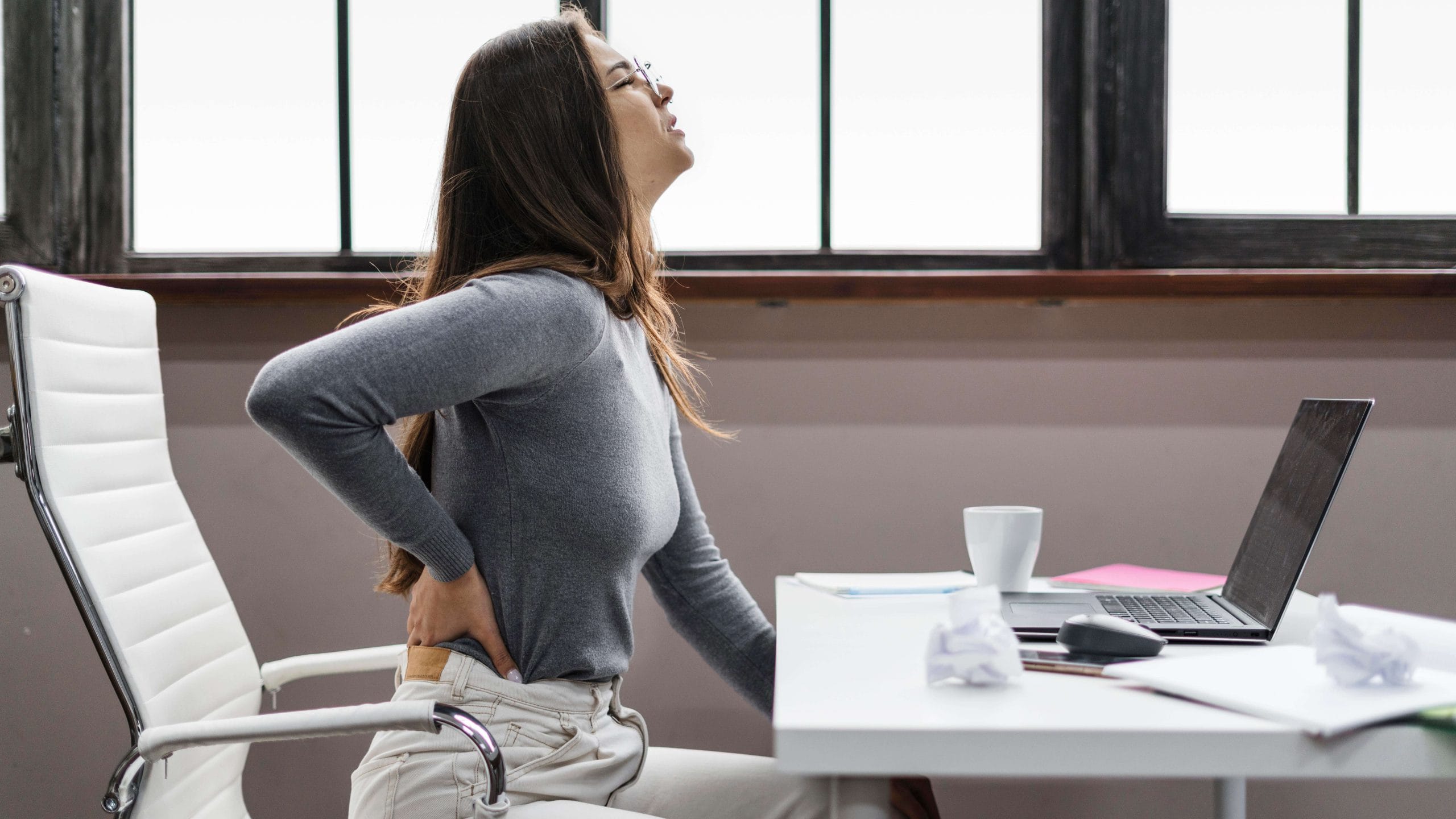What Causes Lower Back Pain in Females : 3 Possible Causes
Causes :
1. Muscular Strain
2. Structural Issues
3. Arthritis
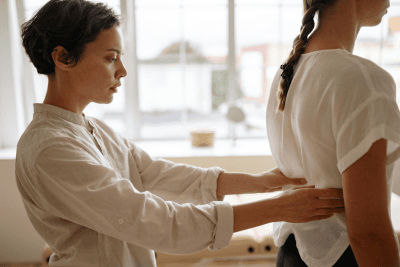 Lower back pain is a common issue that affects many women worldwide. It can be debilitating and significantly impact daily activities. , we will explore the various factors that contribute to lower back pain in females, providing valuable insights into prevention and treatment.
Lower back pain is a common issue that affects many women worldwide. It can be debilitating and significantly impact daily activities. , we will explore the various factors that contribute to lower back pain in females, providing valuable insights into prevention and treatment.
Common Causes of Lower Back Pain in Females
1. Muscular Strain
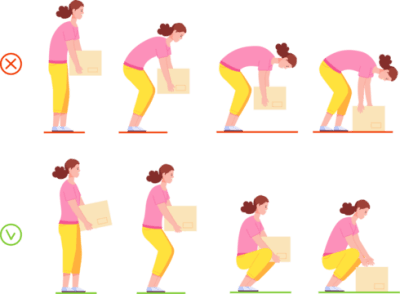
Muscular strain is one of the most prevalent causes of lower back pain in women. It can result from physical activities, poor posture, or lifting heavy objects incorrectly. The muscles in the lower back can become strained, leading to discomfort and pain.
2. Structural Issues
 Structural issues such as herniated discs, bulging discs, or degenerative disc disease can also contribute to lower back pain in females. These conditions can put pressure on the nerves in the spine, causing pain and discomfort.
Structural issues such as herniated discs, bulging discs, or degenerative disc disease can also contribute to lower back pain in females. These conditions can put pressure on the nerves in the spine, causing pain and discomfort.
3. Arthritis
 Arthritis, particularly osteoarthritis, can affect the lower back and lead to pain in women. The wearing down of cartilage in the joints can result in inflammation and discomfort.
Arthritis, particularly osteoarthritis, can affect the lower back and lead to pain in women. The wearing down of cartilage in the joints can result in inflammation and discomfort.
Risk Factors for Lower Back Pain in Women
1. Pregnancy
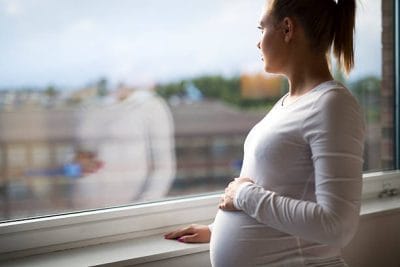
Pregnancy can put additional strain on the lower back due to the weight gain and changes in posture. This can lead to increased risk of experiencing lower back pain during and after pregnancy.
2. Posture
 Poor posture, whether when sitting, standing, or moving, can contribute to lower back pain in females. Maintaining good posture can help alleviate discomfort and prevent future issues.
Poor posture, whether when sitting, standing, or moving, can contribute to lower back pain in females. Maintaining good posture can help alleviate discomfort and prevent future issues.
3. Lack of Exercise
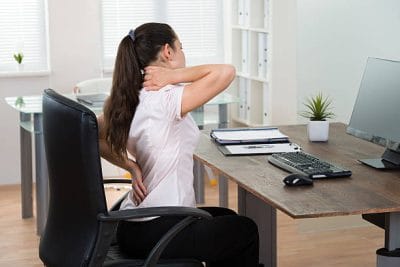 A sedentary lifestyle and lack of exercise can weaken the muscles in the lower back, making them more susceptible to injury and pain.Regular physical activity can help strengthen the muscles and reduce the risk of lower back pain.
A sedentary lifestyle and lack of exercise can weaken the muscles in the lower back, making them more susceptible to injury and pain.Regular physical activity can help strengthen the muscles and reduce the risk of lower back pain.
Prevention and Treatment Options
1. Exercise
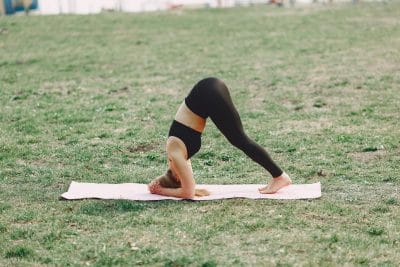 Engaging in regular exercise, particularly strengthening and stretching exercises, can help prevent lower back pain in females. Exercises that target the core and lower back muscles can improve strength and flexibility.
Engaging in regular exercise, particularly strengthening and stretching exercises, can help prevent lower back pain in females. Exercises that target the core and lower back muscles can improve strength and flexibility.
2. Maintain a Healthy Weight

Maintaining a healthy weight can reduce strain on the lower back and decrease the risk of developing pain. Eating a balanced diet and staying active can help manage weight and prevent issues.
3. Proper Lifting Techniques
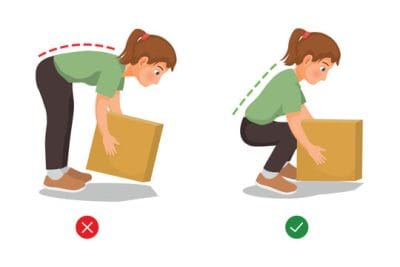 Using proper lifting techniques when lifting heavy objects can prevent strain and injury to the lower back. It is essential to bend the knees, keep the back straight, and lift with the legs to avoid putting unnecessary pressure on the spine.
Using proper lifting techniques when lifting heavy objects can prevent strain and injury to the lower back. It is essential to bend the knees, keep the back straight, and lift with the legs to avoid putting unnecessary pressure on the spine.
